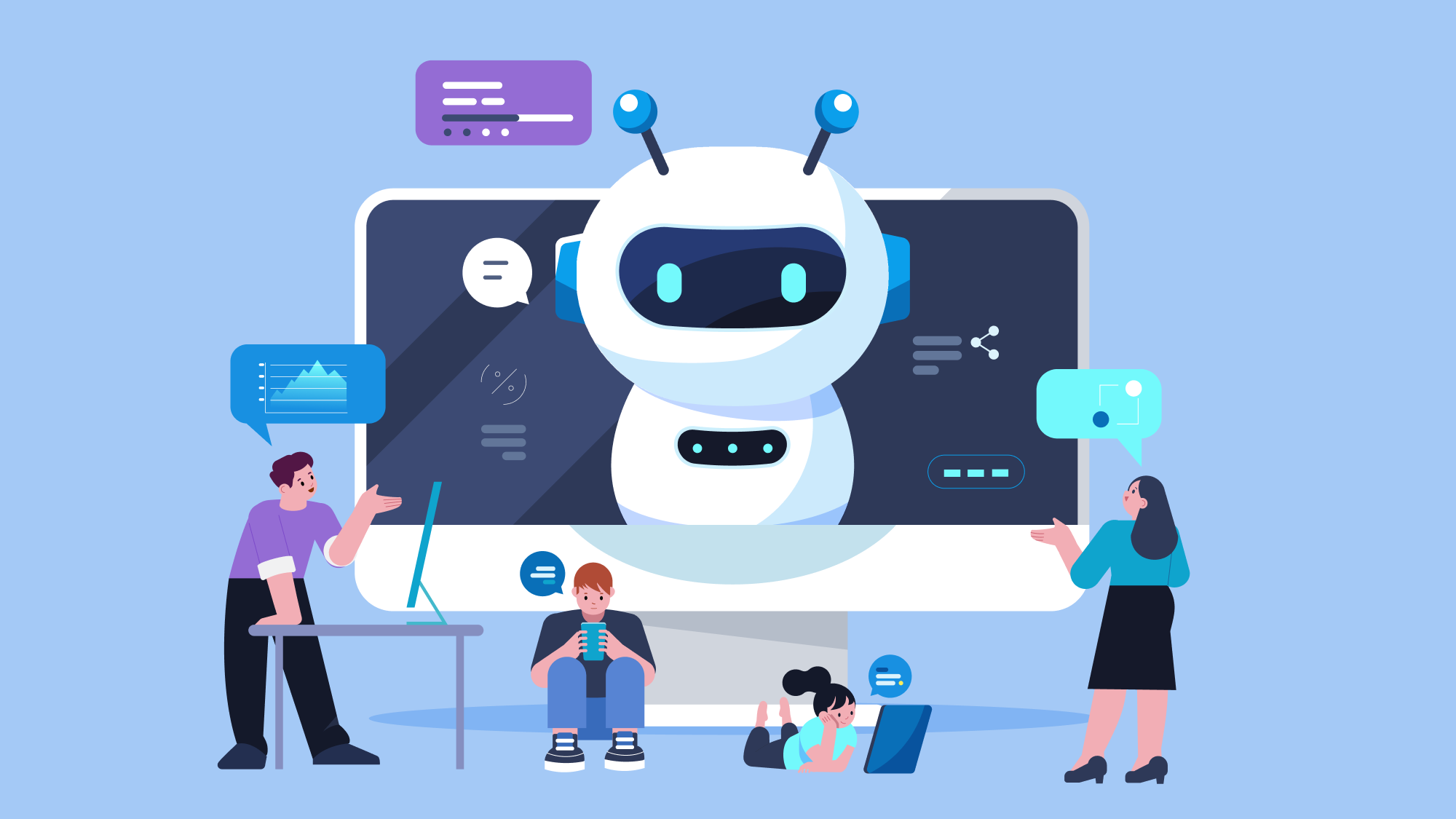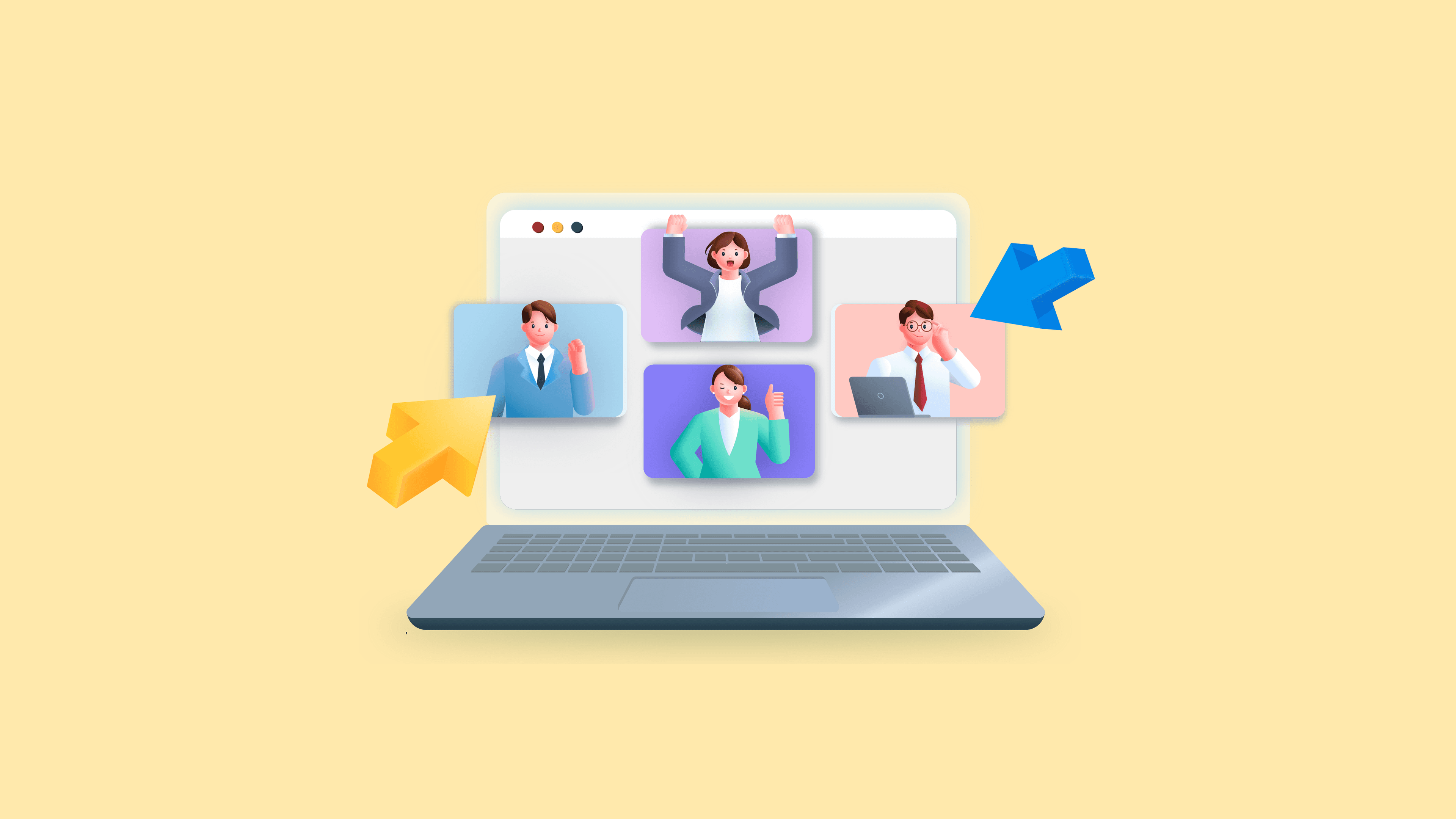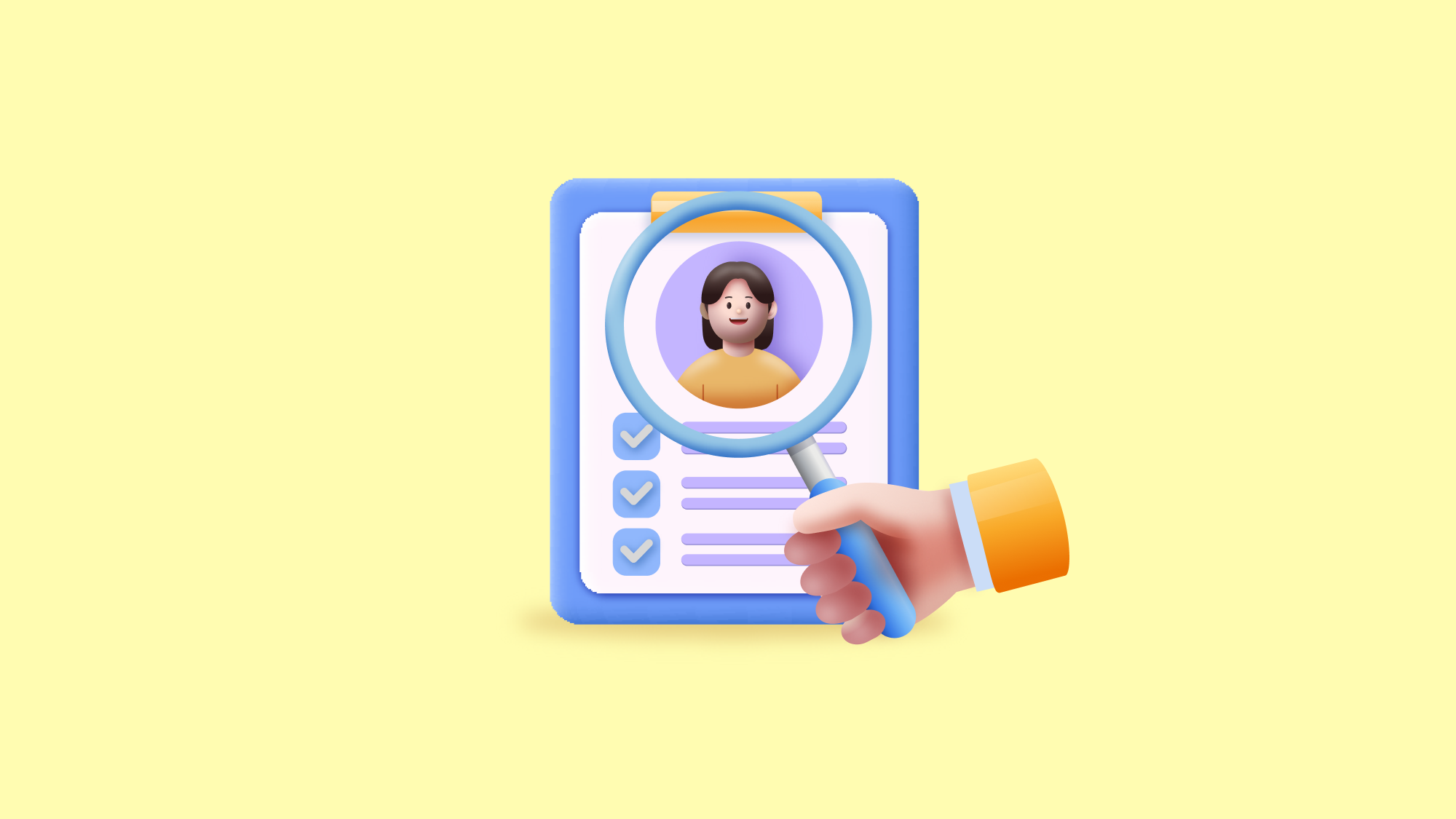5 Ways To Study Coding
Elice
18/01/2024
Nowadays, coding is becoming an essential skill in the modern world. It’s not just in the IT industry, but in more and more fields. Despite this, many people find coding difficult and complicated, so in this article, we’re going to show you five effective ways to learn coding that can help you if you’re new to coding. If you’re struggling to learn to code and need some help, check out this article!
Types of Developers and Development Terminology for Non-Developers! - Watch now
1 commit per day

The first coding practice we’re going to introduce to you is 1 commit per day. It’s the practice of writing code and committing it to Git at least once a day. This habit makes coding a daily activity, and it’s a great way to improve your skills through consistent effort. The point of 1 commit per day is not to spend a lot of time trying to achieve big results, but rather to build a habit of coding consistently in small increments. Setting small goals, such as adding one feature or fixing one bug per day, is also effective.
You can track your progress on GitHub’s Contribution Graph, which provides a visual representation of your consistent commit history and has helped many developers develop the habit. Developers who stick to the 1 commit per day habit also continue their personal studies and document their learning on their blogs. Many junior developers are starting to commit to 1 commit per day to build their skills.
Programming Language Rankings and Top 5 Major Languages - Watch Now
Clone coding

The second way to learn to code is through clone coding. Clone coding is a method of learning to code by imitating an already implemented service, and is particularly effective for learning a new language or framework, and has the huge advantage of allowing you to learn from code that actually works.
To proceed with clone coding, you’ll first need to select a service to follow, and it’s important to make sure that the service you choose includes the skills you want to learn and the features you want. The key is to follow the code of your chosen service piece by piece, making sure you understand what each line of code does and why it was written the way it was.
Many people fail at learning through clone coding because they simply copy and paste the code and move on without thinking about it. Clone coding requires a deep understanding of the code and a thoughtful consideration of what each line of code does. This effort and thought will give you a learning experience that you can actually make your own.
Code review

Code review is an important learning process that involves reviewing code written by other developers and giving and receiving feedback. It’s usually done with a group of developers, but you can also use it as a way to learn to code by analyzing code on your own. Not only can code reviews help you gain a wealth of knowledge about new coding styles or design patterns, but they can also help you improve your code.
When conducting a code review for yourself, you should first select the code you want to review, then read through the code and look for things you don’t understand or things that could be improved. If you don’t find anything to improve or give feedback on, it’s good to look for the positives. It’s also important to keep in mind that code reviews should be done in the context of the entire code, not just focusing on commit-by-commit feedback.
Code reviews also play an important role in IT companies. In fact, at Kakao, code reviews are used as an effective onboarding training program for new developers to review each other’s code and improve their coding skills.
Learn more about Elice Corporate Training Programs - Contact Corporate Training Programs
Utilizing AI

One of the interesting ways to study coding using AI has recently emerged. AI can be used to effectively find information necessary to solve coding problems or write codes.
Nowadays, various AI tools continue to emerge to help you study coding. You can try Microsoft’s Copilot, OpenAI’s Codex, and Ellis’ AI Help. These AI services help you study coding conveniently, such as analyzing codes entered by users, finding errors, or suggesting better codes.
Mini project

Mini-projects are an effective way to study coding, where you can directly work on small-scale projects. This allows you to develop your problem-solving skills and project management skills. In addition, you can greatly improve your coding understanding by applying concepts learned through mini-projects. For example, after learning FLASK, the back-end framework used in web development, you can try implementing a simple blog posting system. This allows you to gain experience in a real-world development environment while implementing functions such as database interworking, user authentication, posting writing and inquiry.
When you start a mini-project, you must first select the problem to be solved. After that, you plan a service to solve the problem and write code to implement it. You can learn the skills and tools you need in this process lightly, and you can master the various skills and tools you need to build services while actually working on a mini-project.
Similar to clone coding, the mini-project has the advantage of being able to write real-world code and study coding through the project. However, there are some differences between the two methods in terms of goals and approaches. The mini-project focuses on the process of planning and implementing it, while clone coding focuses on analyzing and understanding the code that has already been created. As a result, clone coding is effective in learning new languages or frameworks, and mini-projects are particularly effective in enhancing problem-solving and project management skills.
So far, we have learned five effective ways to study coding. Anyone can learn coding effectively by using the right learning methods and tools. In particular, I hope that I can study coding more effectively through the methods introduced above.
Finding the Lecture I Need in Elcademy - Elcademy Shortcuts
*This content is a work protected by copyright law and is copyrighted by Elice.
*The content is prohibited from secondary processing and commercial use without prior consent.
- #DX
- #Learning






